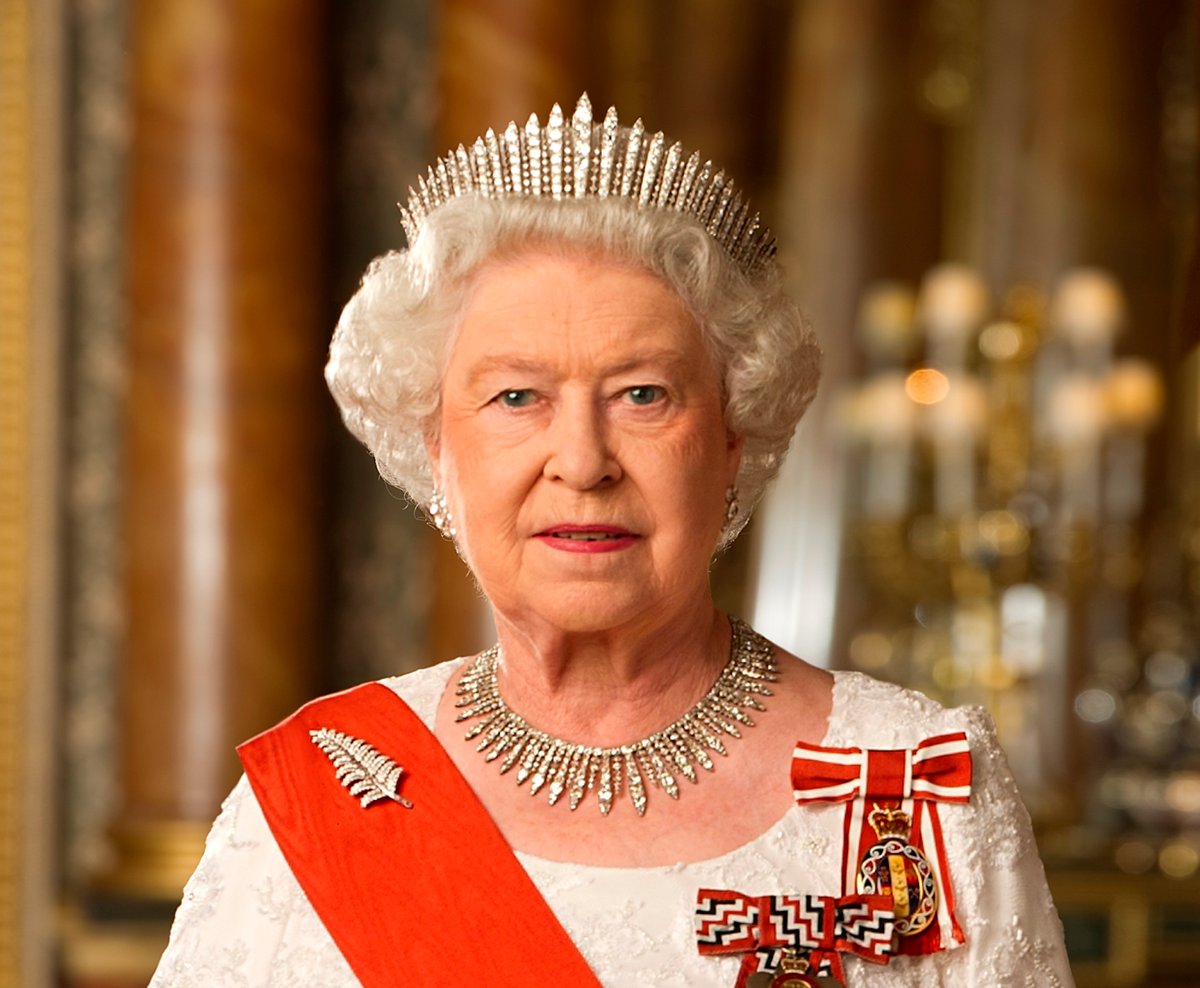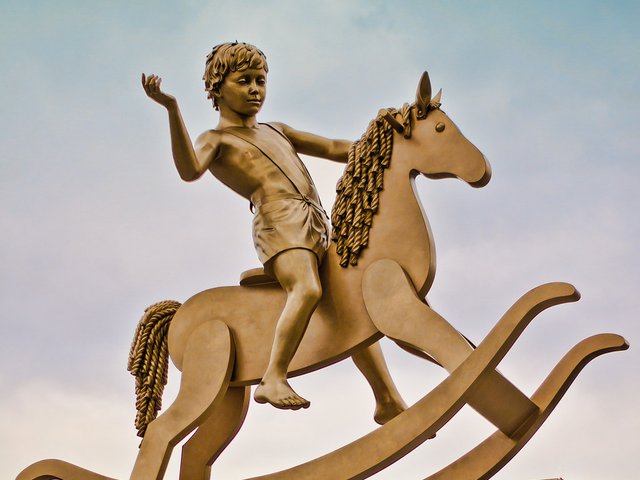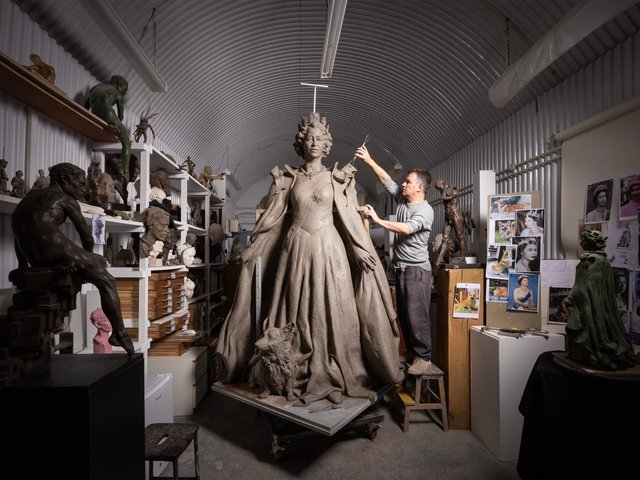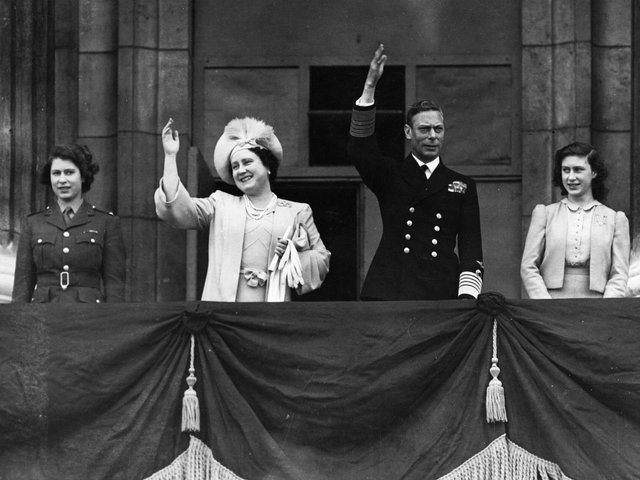The UK government has launched a competition to design a memorial for Queen Elizabeth II, calling on leading artists, architects and engineers to submit ideas for the monument masterplan. The proposed memorial will be located in St James’s Park in London, the UK’s oldest Royal Park, close to Buckingham Palace.
The first part of the two-stage competition launched earlier this month and closes 20 January. A shortlist of five competitors will then embark on a ten-week design stage; the winner will be announced next summer. Panellists on the Queen Elizabeth Memorial Committee include Sandy Nairne, the former director of the National Portrait Gallery in London, and the historian Anna Keay.
The memorial will be paid for with public funds. “As a national memorial to the country’s longest-serving and much-respected monarch, the government has identified a provisional construction budget of £23m-£46m excluding VAT for the project,” says a government statement.
One of the strategic objectives is to “design a memorial masterplan that is sensitive to the setting of exceptional international, constitutional and historic significance, including major Royal memorials nearby”. The memorial project needs to tell the story of a long reign and be “beautiful, inclusive and sustainable”, says the project brief.
But the activist Dia Chakravarty writes in The Telegraph: “What does this guidance mean? How can a memorial, which is to be located in a park open to the public, not be inclusive by definition? In what other way does the Queen Elizabeth Memorial Committee, the body charged with delivering the project, expect this requirement to be addressed by the designer?”
A standalone monument including a figurative representation of the late Queen will be placed at the Marlborough Gate entrance on The Mall. An artist or sculptor for the figurative element will be appointed by the winning lead designer post-competition, adds the design brief.
Government officials previously began discussing ways to mark the Queen’s life and legacy with the Fourth Plinth in Trafalgar Square seen as a possible location for a statue.





